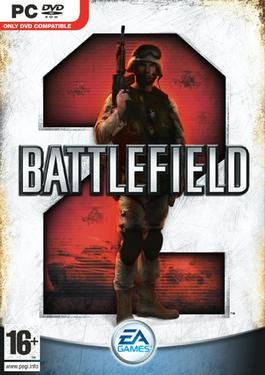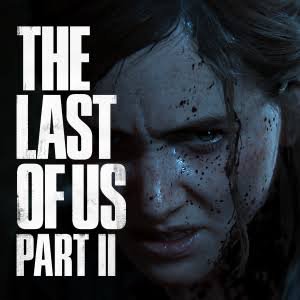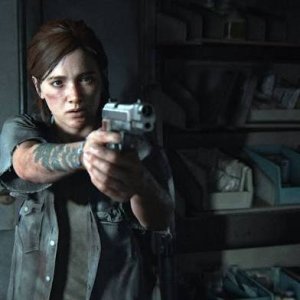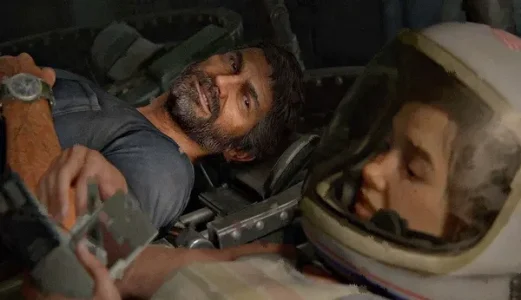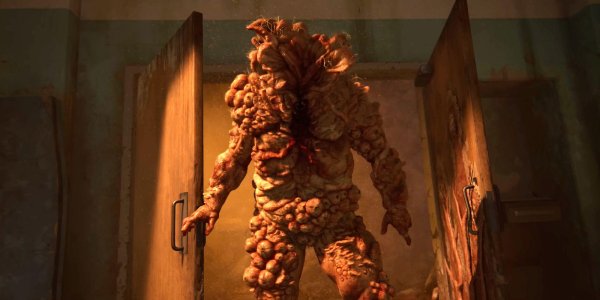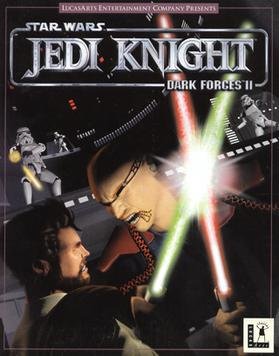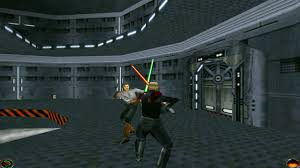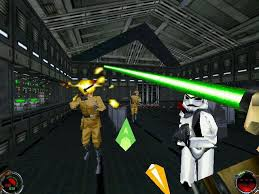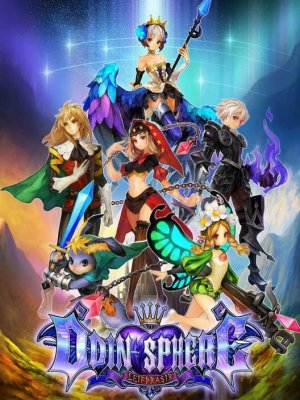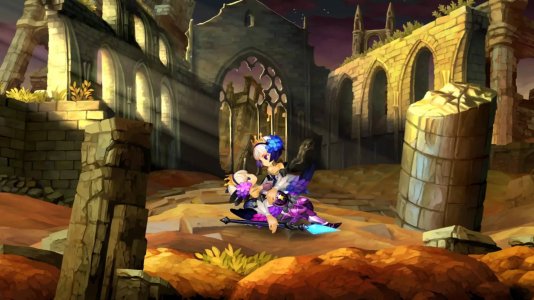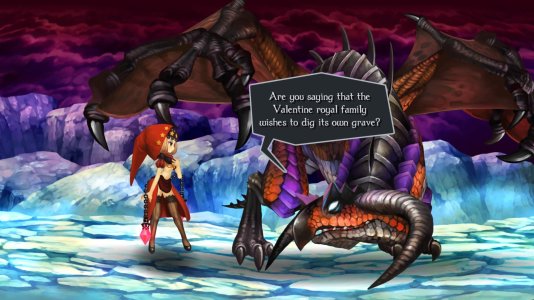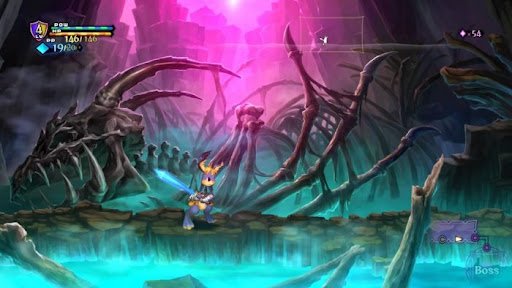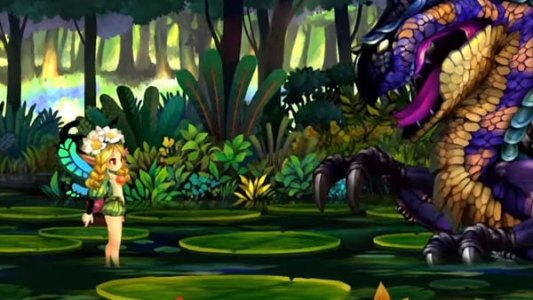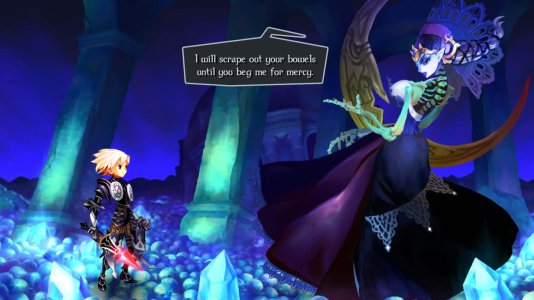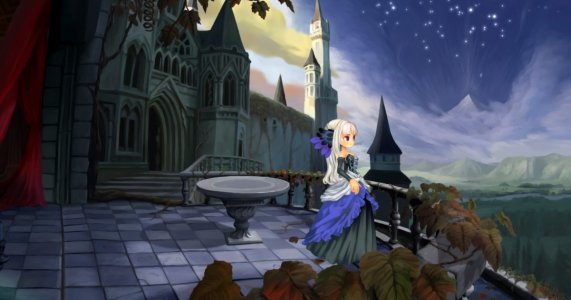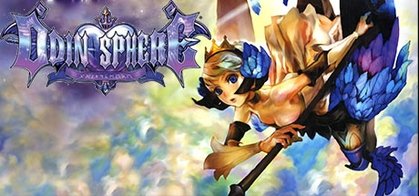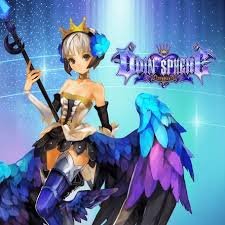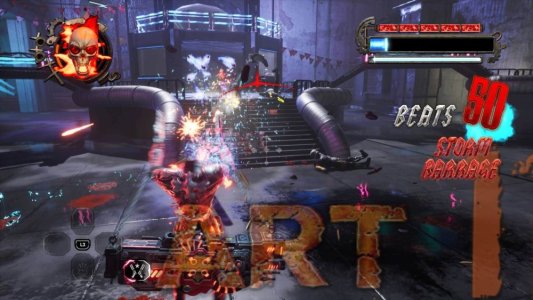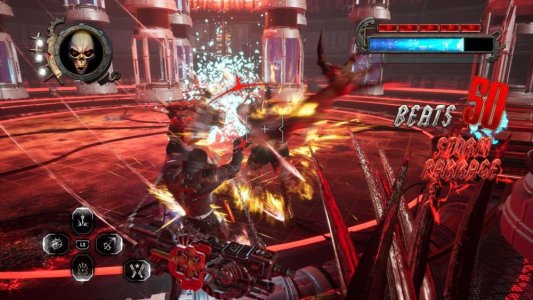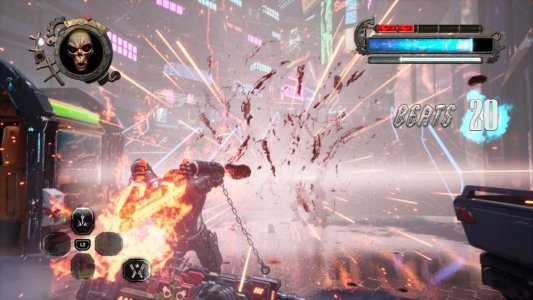With the 167th pick in the 2025 Desert Island Video Game Draft, I select:
Dark Souls: Remastered (2018)
Developer: FromSoftware
Publisher: Bandai Namco Games
Game Director: Hidetaka Miyazaki
Musical Score: Motoi Sakuraba
Genre(s): Action RPG
Platform: Nintendo Switch
Like some others, I'm choosing to create a bit of symmetry with my final pick. I began my draft with a Miyazaki joint, and I'm ending my draft with a Miyazaki joint. That
Dark Souls remains on the board at the 167th pick is something of a miracle, since it's going to appear on just about any Top-100 list of the greatest video games of all time, with many breaches into the Top-50s and Top-10s, depending on who's curating the list. It is then an absolute privilege to be able to select a masterpiece of the form here at the end of my contribution to our video game draft.
Of course, Hidetako Miyazaki has been well-represented amongst our desert islands. My very first pick,
Elden Ring, is surely a masterpiece. And
@whitechocolate snagged
Demon's Souls, while
@SLAB grabbed
Bloodborne, though I've played neither of those games. They're PlayStation exclusives, and I've never had any interest in purchasing a PlayStation. So 2011's
Dark Souls was my first foray into what is now commonly referred to as the
Souls-like subgenre of action RPG. And I first gave it a spin in 2018 when a remastered version of the game was released for the Nintendo Switch.
Though the cynical may find remasters, remakes, and re-releases of any kind to be mercenary propositions on the part of the publishers, I'll say it again: as a latecomer to post-millennium video gaming, this particular trend has been a wonderful way to get acquainted with so much of what I missed in my time apart from video games. And given Nintendo's reputation as the "family friendly" choice amongst video game consoles, the Switch itself might seem like an odd fit for a uniquely gothic, deeply esoteric, and brutally difficult action RPG with central themes that revolve around despair and decay. But Nintendo does possess a long and storied history of releasing peculiar third-party games that cut against the company's squeaky clean image, so I was thrilled when
Dark Souls received the "remastered" treatment in 2018.
I set out to craft a Desert Island draft of games that were somewhat in conversation with one another, but were not carbon copies of each other stylistically or with respect to their gameplay elements. This meant no sequels on my island. That said, much of what I wrote about
Elden Ring does, indeed, apply to
Dark Souls. They bear no strict relationship to one another, yet Miyazaki cannot help but operate within the specific set of parameters that govern his philosophy of game design. He has very particular aesthetic and thematic interests and always marries those interests to his gameplay features. Form and content must wind tightly around each other in any Miyazaki game, so a game about the Sisyphean task of fighting off stagnation in a futile, corrupt, and ever-decaying world
must be met with a gameplay loop in which death is not only commonplace, but requisite to the experience of grasping the game's contours.
And so in
Dark Souls, you die. Early. Often. And with such startling frequency that it starts to feel less like punishment for failure and more like a cycle of feebleness to break. After all, each death is punctuated by the almost comically unnecessary inclusion of two red words on the screen: "
YOU DIED". As if I wasn't aware how much I sucked at
Dark Souls in those early hours.

But in between the deaths is where Miyazaki works on the discerning player. He crafts worlds and characters that are almost hazy recollections of what places and people are like, with just enough information missing to leave the player wanting. And in so doing, he draws the player deeper into the fog, where they are forced to find their way. In my write-up on
Elden Ring, I described the experience of feeling like an archaeologist when I step into one of Miyazaki's worlds. You feel possessed of a thirst to peel back further and further layers in a setting that just doesn't want to give itself over to you.
But eventually death becomes educational. Almost without intending for it to happen, the player starts to recognize patterns in their failure, and more importantly, the player discovers patterns in the success of those who've conquered the player time and again. Will the player be hollowed out by failure? Or will they let death inform their learning so they can find what they're looking for in the Kingdom of Lordran? Functionally, it's not all that different to
@Capt. Factorial's first pick,
Super Mario Bros. You throw yourself at each level and through each death until you understand its rhythm and timing. Indeed, so much of video gaming history can be boiled down to rhythm and timing. And though video gaming may have evolved to center story and accessibility, Miyazaki has never forgotten what the experience of conquering seeming futility can feel like within the world of a video game. It's not replicable in any other artistic medium.
Now, a great many modern gamers are repulsed by the notion of a game that refuses to bend to the player's whims or the player's desire to be sated. Those same gamers would likely be repulsed by film or music that similarly pushes back against the audience's desire to have their expectations met.
Dark Souls doesn't bend. Instead, it bends the player until they break. And break. And break again. But it offers all of the available tools to rebuild onself, through undeath, until the player ultimately decides what the player character should do with the fire they've unlocked inside themselves. It's not for everyone, I think Miyazaki would contend that it shouldn't be for everyone. But for those who feel called, there is a Firekeeper waiting.

